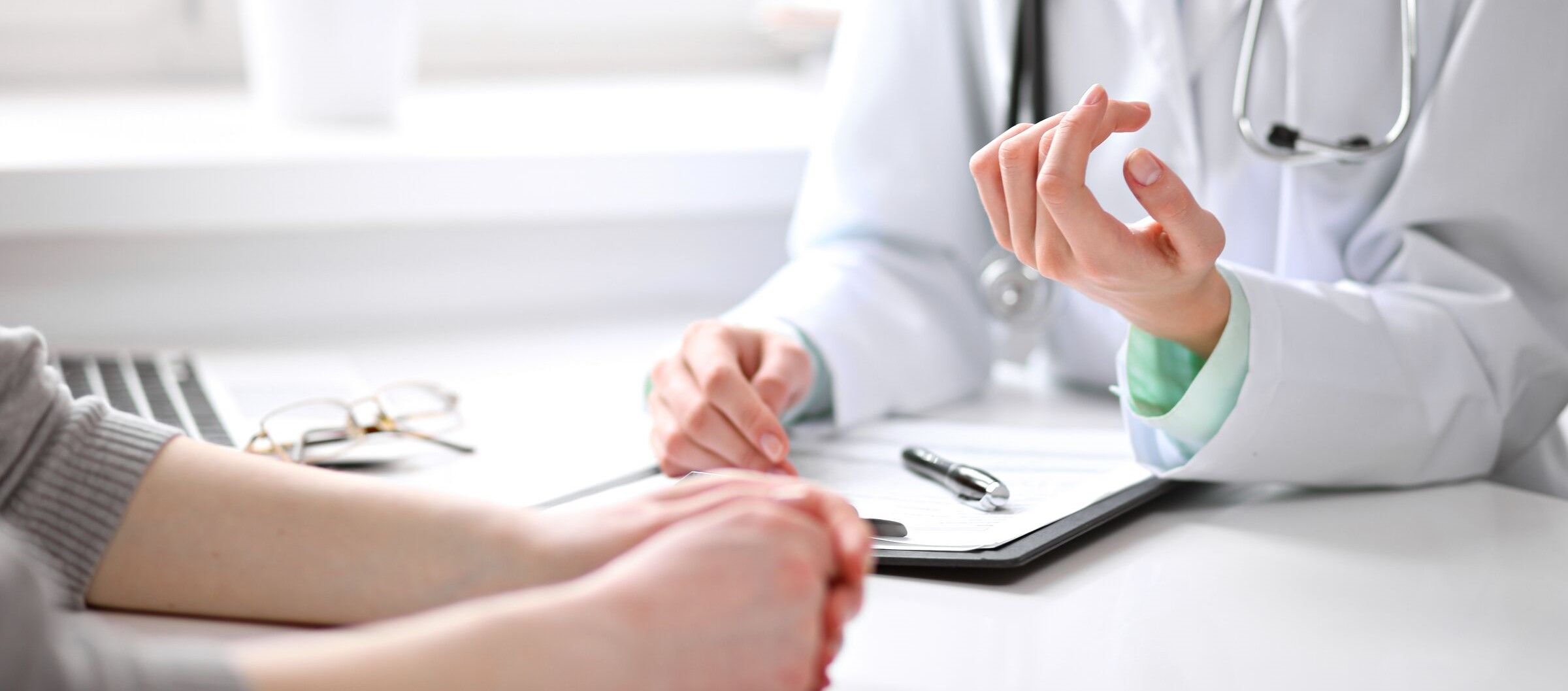Belgian researchers demonstrate that the gut microbiome can help predict the course of multiple sclerosis
Leuven/Brussels 19 October 2023 – Multiple sclerosis is a chronic inflammatory and degenerative disease of the central nervous system. Symptoms differ vastly between patients and frequently worsen over time. The course of the disease is largely unpredictable. Researchers of the VIB-KU Leuven Center for Microbiology and the Vrije Universiteit Brussel have now discovered a link between the gut microbiome and clinical disability worsening in MS. This could turn our microbiome into a potential biomarker to predict the course of MS. The results were published in Gut Microbes.
Hard to predict
Multiple sclerosis (MS) is a chronic inflammatory and degenerative disease of the central nervous system. While the exact cause is unknown, the patient’s immune system is triggered and attacks the protective myelin sheaths that cover the nerve fibers. This results in communication difficulties between the brain, the spinal cord, and the rest of the body. This can cause symptoms like fatigue, walking difficulties, spasticity, vision problems, and many more. Eventually, it may lead to permanent disability. The course of MS is highly variable between patients, however. Different patients have different symptoms, which can fluctuate or worsen over time. Predicting the long-term outcome of the disease remains very challenging. Current available tools, like MRI scans, only provide limited prognostic value.
A collaborative research project between Dr. Lindsay Devolder and Prof. Jeroen Raes from the VIB-KU Leuven Center for Microbiology, Dr. Ayla Pauwels and Prof. Marie D’Hooghe from the Department of Neurology VUB/UZ Brussels, and the National MS Center Melsbroek provide the first indications that the gut microbiome can help predict the course of MS in patients.
“A link between MS and the gut microbiome has already been extensively described,” says Dr. Devolder. “However, previous studies have mostly been cross-sectional, meaning the data were collected at a certain point in time. Studies over the course of a longer period to explore the association between the gut microbiota and the worsening of the condition remain scarce. This is what our study focuses on.”
A potential microbial biomarker
For their research, the team collected fecal samples from 111 MS patients. Neurological assessments, like walking tests and manual dexterity tests, were made at the starting point and throughout the study. These neurological assessments were compared over an average course of 4.4 years to determine if the MS status worsened or remained stable.
“This is a unique cohort, due to the combination of sequential fecal sampling in a largely untreated group of patients, and extensive clinical follow-up over several years.”, says Dr. Pauwels.
At the end of the study, 41% of the patients showed significant disability worsening. The analysis of the fecal samples showed that in 43.6% of the worsened patients the Bacteroides 2 enterotype (Bact2) was found – a specific composition of the gut microbiome indicative of a disturbed microbiota. By comparison, in the non-worsened group only 16.1% of the patients harbored Bact2. The Bact2 enterotype is characterized by a lowered intestinal microbial load and diversity, as well as a reduced abundance of beneficial, anti-inflammatory bacteria from the Faecalibacterium genus. Although the study design does not allow for inferring a causal relationship, these findings point to a link between the prevalence of a Bact2 enterotype and worsening MS symptoms. The presence of Bact2 was relatively stable over time in subsequent fecal samples, suggesting its potential as a prognostic biomarker for MS in clinical practice.
“The results are very promising, but we need to validate these in larger groups of. This being said, the first data are encouraging. This study suggests that the gut microbiome is potentially valuable as a prognostic biomarker for diseases like MS” says Prof. Jeroen Raes. “The implications of these findings are extremely important” adds Prof. Marie D’Hooghe. “They offer us new insights into the complexity of the involved pathways and encourage us to elaborate on the connections between the immune system, the gut microbiome, and the central nervous system. Knowing beforehand which patients will worsen in the coming years will help us to make appropriate treatment choices at a very early stage”.
Joran Lauwers
Questions from patients
A breakthrough in research is not the same as a breakthrough in medicine. The realizations of VIB researchers can form the basis of new therapies, but the development path still takes years. This can raise a lot of questions. That is why we ask you to please refer questions in your report or article to the email address that VIB makes available for this purpose: patienteninfo@vib.be. Everyone can submit questions concerning this and other medically-oriented research directly to VIB via this address.
About the VIB-KU Leuven Center for Microbiology
The big impact of bacteria on our health, the use of yeasts to enhance the production of chocolate, beer or bioethanol, yeast as a model system for studying human disease ... these are just a few of the research areas for the scientists at the VIB-KU Leuven Center for Microbiology. Their research also has important implications in various fields of application.



